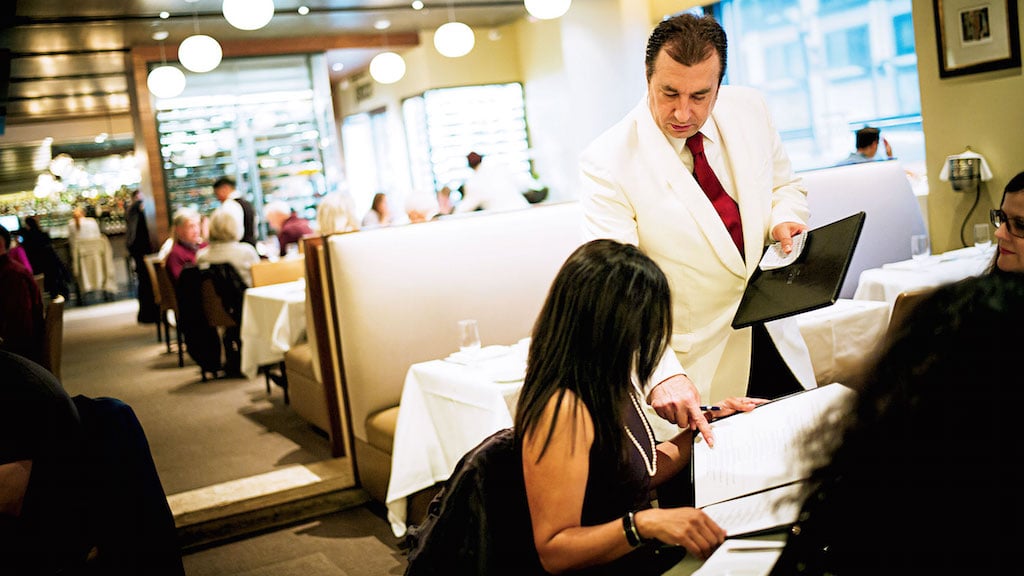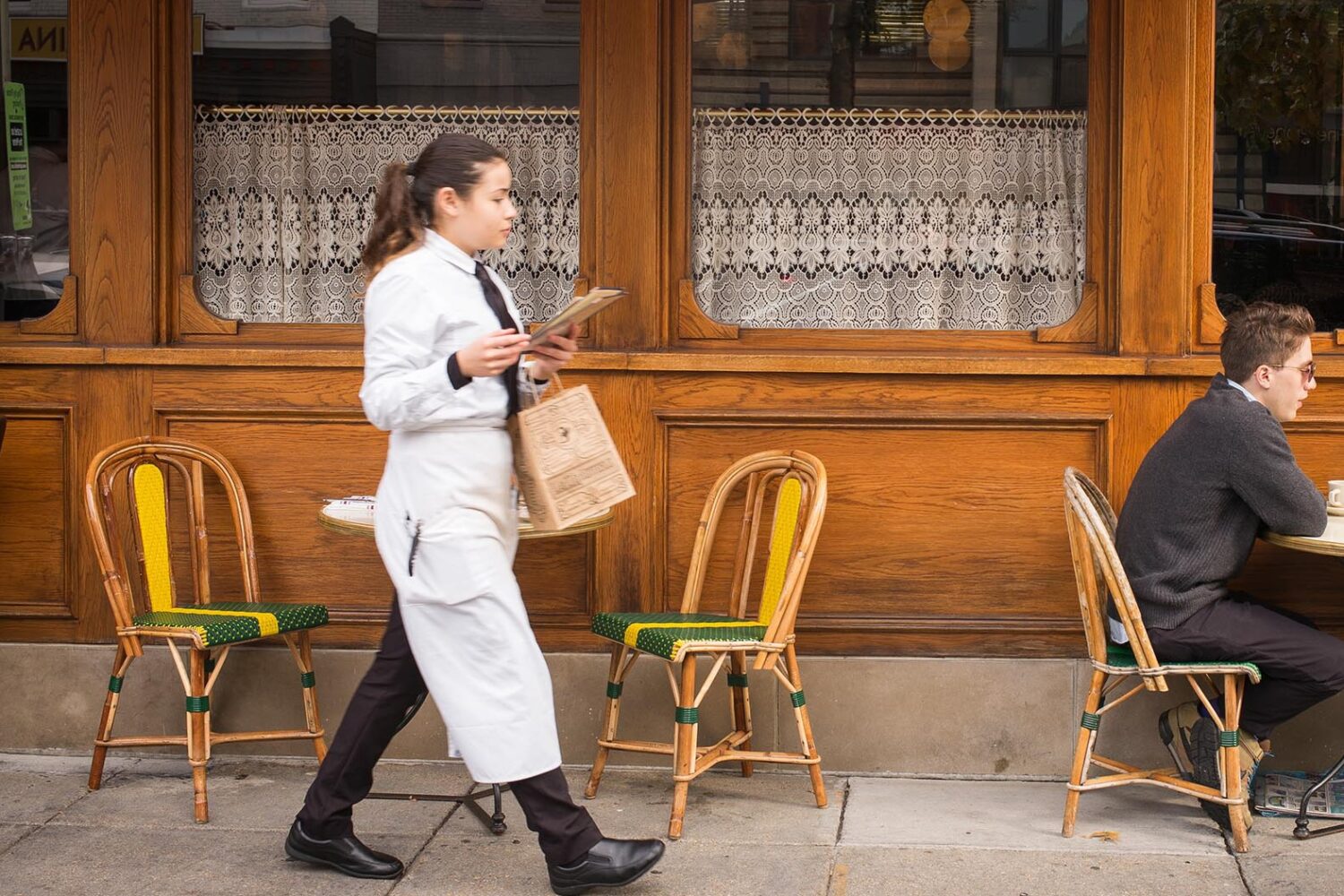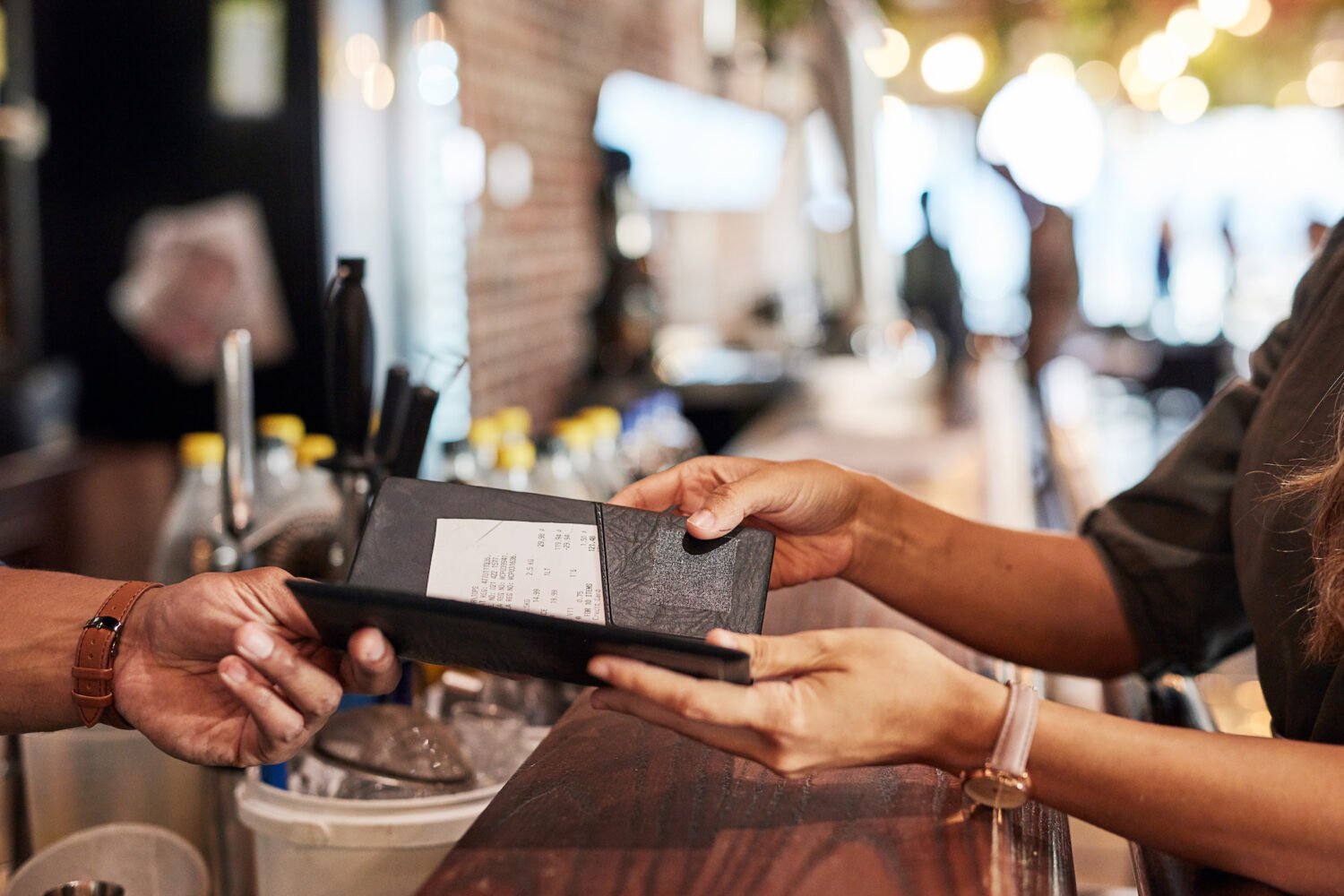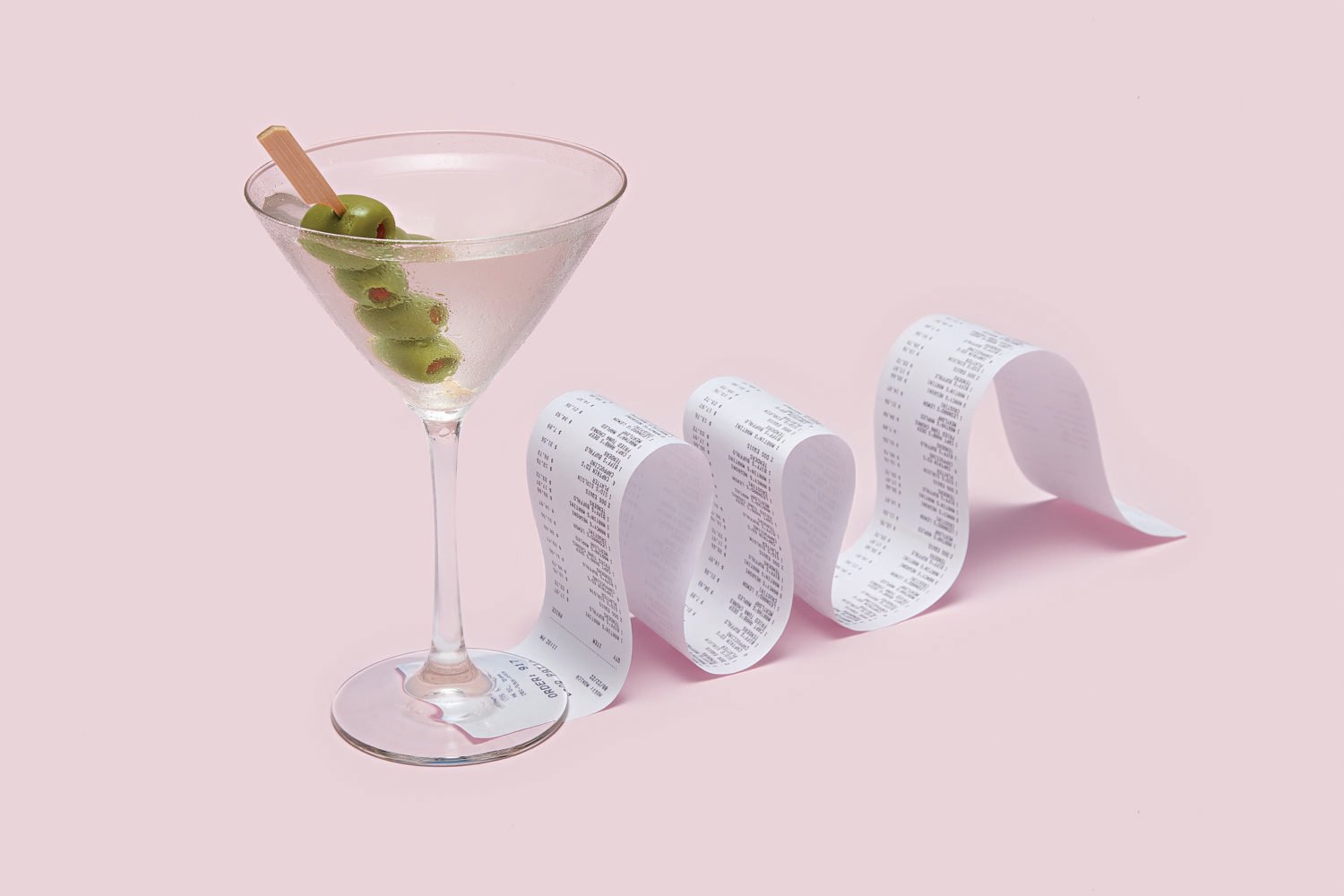Initiative 82—the DC ballot measure aimed at phasing out the tipped minimum wage—passed last night with nearly 75 percent of the vote. Incrementally over the next five years, employers will go from paying servers, bartenders, and other tipped workers at least $5.35 an hour to more than triple that. Currently, those employees earn the majority of their wages from gratuities, and businesses are legally required to make up the difference if anyone falls short of the $16.10 minimum wage.
The first increase is slated to come in January, when the tipped wage rises to $6 an hour. It bumps up to $8 by July 1, 2023, then $2 more every year after until 2027, when there will be one universal minimum wage.
There does not appear to be an appetite among elected officials to overturn the vote as they did with a similar ballot initiative in 2018. Re-elected DC Council Chairman Phil Mendelsohn, who led the last repeal, has indicated that he and his colleagues do not intend to repeat history. Some restaurateurs, however, have been chattering about pushing DC government to eliminate sales tax on service charges, which are counted as income for businesses and will be rolled out almost everywhere to make up for increased payroll costs. Unlike the more typical discretionary gratuity, a fixed service charge is not legally required to go to service staff and can be used by businesses however they want.
So, now what? We asked five restaurant owners who opposed Initiative 82 how they’ll adapt their operations to the changes going forward:
Geoff Tracy, owner of casual American restaurants Chef Geoff’s and Lia’s
“My servers in the last two quarters averaged $36 an hour. My bartenders averaged $41 an hour. And so I will try to maintain the status quo in total compensation and offset that through a service charge. I have to get input from my team, but I have thought about this. I do believe that the best approach is going to be a service charge that’s closer to 10 percent to offset the increased payroll, and then allow for an additional gratuity line and hope that the customer understands that that new gratuity is closer to 10 percent. I think [servers and bartenders] like to have some sort of vested interest in their sales. That’s why I want to preserve sort of a gratuity model on top of a service charge.”
Jamie Leeds, chef/owner of seafood-centric Hank’s Oyster Bar
“One, right off the top of the list, is that I will not open another restaurant in DC. That’s for sure. That’s not happening because of this… If I had to do lunch or something in Dupont, just to make up the revenue, then I would maybe use an online ordering system where you order at the table, and you don’t have a server or you just have a runner. That’s not something I ever would have considered doing before. But, you know, now maybe that’s the way we might have to go for some services. It wouldn’t be the main dinner service—not yet anyway.
“There may not be a full-on 20-, 22-percent service charge. If you have the larger service charge, then you would most likely not have as much tipping, right? There’s also another way in which if you charge a smaller service charge, and then allow tipping, that might be a scenario that could work. This has all just been in conversations. We haven’t even looked at modeling numbers yet. We’ll do the slow move of using the next year for figuring out the best solution for everybody.”
Gina Chersevani, owner of Buffalo and Bergen deli and cocktail spots
“Just because my business model allows for it, I think I’d probably move toward self-service kiosks and then people would bring you your things. I would honestly say [I’ll employ] less people. I’m not going to change the quality of my food, and I’m probably not going to raise the prices. Even during this pandemic, I took the hit on my side on profits. Or maybe I’d do a service charge.”
“Is $16 an hour going to take a hit on my bottom line? Yeah. Can you survive? Sure, you’ll adapt. It’s not going to be ‘can the restaurants change their model?’ It’s going to be ‘how are you going to convince people that they should still tip employees for exceptional service?’ There’s where the problem happens.”
Ashok Bajaj, owner of Rasika, Annabelle, and other fine-dining restaurants, plus more casual Bindaas
“You have seven waiters, seven support staff… It’s [an extra] $300,000 a year, plus payroll taxes, unemployment taxes, insurance. Do you really think the restaurant makes that much money to absorb that? Not mine. Everybody has to do service charge. We did a few practices in the office, and we all think a 20-percent service charge may be the way to go. My biggest, first and foremost thing is I want to make sure my servers are properly compensated and they’re not making any less money.”
“If [servers] have one table, they’re staying for the table. Am I going to say, OK, you continue to stay if your table is here, or shall I say, there are three tables in the dining room left, they’ve paid… Can we just do one waiter now instead of having three waiters hanging out? Everything is going to be looked at— some pricing, some service charge, some cutting back on the hours.”
Nizam Ali, co-owner of Ben’s Chili Bowl and Ben’s Next Door
“We have not thought about next steps. We don’t pay a tipped wage at Ben’s Chili Bowl. At Ben’s Next Door, we do—that’s the bar and full-service restaurant. My guess is that it’s either a service charge that offsets the price of the meal, so you don’t have to increase the prices that dramatically, or you raise prices to cover the higher wage, and everyone goes to Maryland or Virginia for dinner. Ripping off the band-aid, we don’t know how that would work. It would make more sense to be as gradual as we’re allowed to be to try to figure it out as best we can.”
Quotes have been edited for length and clarity.















